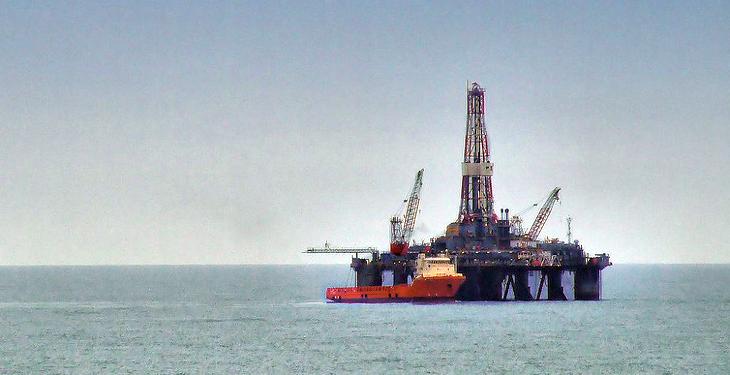The Chamber of Deputies approved a new form of the Offshore Law, an essential piece of legislation for starting the exploitation operations at the Black Sea. The law re-entered this Autumn in debates after the presidency returned it to Parliament for reconsideration of the form adopted in July.
At the last moment, the Chamber of Deputies plenum introduced a paragraph in Article 18 of the law, with a guarantee for the stability of the tax regime for the Black Sea natural gas exploitation during the whole period of the oil agreements. (Article 18)
The tax on offshore supplementary revenues was maintained, but the progressive scale was modified for introducing a new maximum tax threshold of 70% (compared to 50% in the law passed in July) for “extra income from higher prices than 190 lei/MWh “.
Money collected as income tax will be collected in a special fund to be used for financing the expanding of natural gas distribution networks and connections to the national gas transmission system, writes point 8, in article 19. The law passed in July provided that this fund would be used to finance public-private partnership contracts. This possibility is still maintained, however, as the mention “… as well as other investments established by government decision” has been included.
The minimum quota of 50% of traded volumes to be traded on centralized markets has been maintained, with three clarifications:
- the reference base is no longer the “quantity of natural gas contracted with delivery in the respective calendar year as a seller”, but “the quantity of natural gas from own production contracted with delivery in the respective calendar year as a seller” (art. 20).
- the quantity of natural gas contracted in the centralized markets will be sold under a procedure approved by ANRE so that natural gas purchasers cannot be conditioned by the purchase of a minimum quantity imposed by the seller (Article 20).
- a fine of 10% of turnover is imposed on operators who do not comply with Article 20. (Article 25, point n)
The final form of the Offshore Law modifies the maximum investment deduction limit in the upstream segment from 60%, to 30% of total tax on additional revenue. (Article 19, point 4)
Articles 10-12 introduce clarifications on crossing permissions and explicitly mention the role of the Energy Ministry in this area. In addition, in order to reduce bureaucracy, the Ministry of Energy becomes the main relevant authority also in respect of onshore works (Article 5) for underground works and for temporary constructions (Article 7)
Articles 23 and 24 maintain obligations to purchase “goods and services from economic operators in Romania and the European Union when equivalent technical and price terms” and to maintain a minimum annual quota of 25% of employees for Romanian citizens with fiscal residence in Romania.
Other changes introduce longer deadlines for public authorities obliged to issue permits or notifications. Point 2 of Article 16 is an interesting one; the Coastal National Committee, by way of derogation from general legislation, obtains 60 days instead of 30 days to issue the “advisory opinion on impact assessments for activities with a significant impact related to well workings”. 60 days after the submission of the impact study, “this is considered to be tacitly accepted.” In the justification, the legislator mentioned the extended deadline is necessary for the 40 institutions to give their opinion”!
